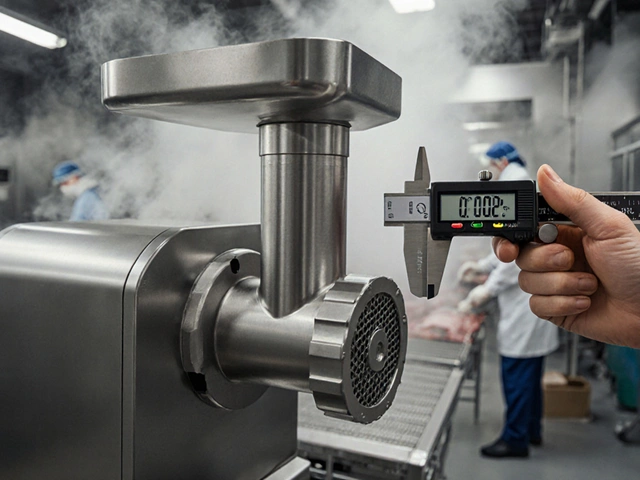Auto layoffs explained: why they happen and how to cope
When a car maker announces cuts, the news hits workers, suppliers, and local towns hard. It feels personal, but the reasons are often big‑scale—shifts in demand, tech changes, or a sudden cost squeeze. Understanding those forces helps you see the bigger picture and plan your next move.
Common reasons behind auto layoffs
First, sales can drop fast. A slowdown in buying new cars, whether due to high fuel prices or an economic dip, forces factories to scale back production. Less production means fewer hands on the line. Second, technology is reshaping the industry. Robots and AI can do tasks that humans used to perform, so companies trim roles that become redundant. Third, supply‑chain hiccups—think chip shortages or material price spikes—make it cheaper to pause hiring or let go of staff until things smooth out. Finally, mergers and acquisitions often bring overlapping departments, prompting bosses to cut duplicate positions.
How to navigate a layoff in the auto industry
If you hear the pink slip coming, act quickly. Update your resume with the latest projects—highlight any work with new tech, lean‑manufacturing, or cost‑saving initiatives. Those buzzwords catch recruiters looking for adaptable talent. Second, consider upskilling. Short courses in electric‑vehicle systems, data analysis, or advanced welding can make you stand out for the next wave of jobs.
Don’t forget your network. Reach out to former coworkers, supervisors, and industry groups on LinkedIn. A quick message asking for introductions or leads often opens doors faster than cold applications. Also, file for unemployment benefits right away; the paperwork can take time, and early claims mean you won’t be left without income for weeks.
While you’re searching, think about temporary or contract work. Many auto parts suppliers hire on short‑term projects, and those gigs keep your skills sharp and add fresh entries to your portfolio. If you have savings, use the pause to explore related fields—logistics, quality assurance, or even sales roles that value your manufacturing background.
Finally, stay positive and realistic. A layoff is a setback, not a dead‑end. Employers respect candidates who can explain the situation calmly, focus on what they learned, and show a clear plan for the future. By turning the experience into a stepping stone, you increase your chances of landing a role that fits the industry’s new direction.
Auto layoffs are tough, but they’re part of a shifting market. Knowing why they happen, staying proactive with skills, and leveraging your network can turn a rough patch into a fresh start. Keep your eyes on emerging trends—electric vehicles, autonomous tech, and sustainable manufacturing—and you’ll be ready for the next opportunity.
Why Indian Automobile Industry Is Falling: What's Really Causing It?
The Indian automobile industry is going through a rough patch, with car sales dropping, factories slowing down, and even big brands struggling. Several reasons are behind this slowdown, including changing consumer habits, unexpected regulations, and global disruptions. Many local players and workers have been directly affected. This article breaks down the specific causes, digs into the real numbers, and provides easy tips for those navigating the industry. Get the facts about what’s behind the falling momentum.
View More




